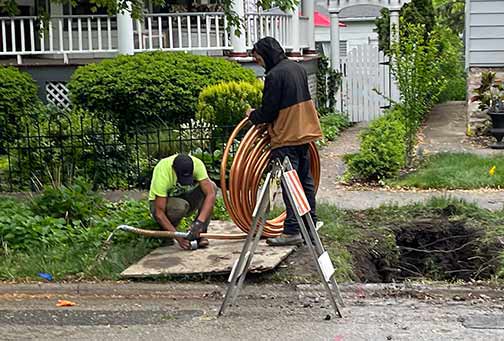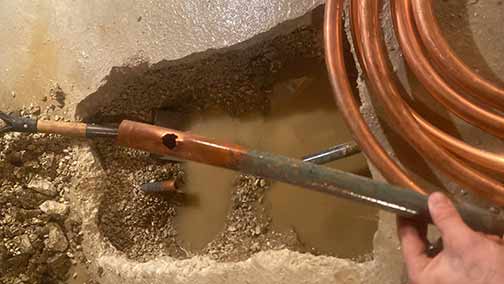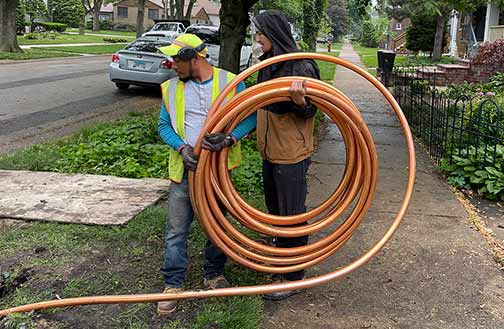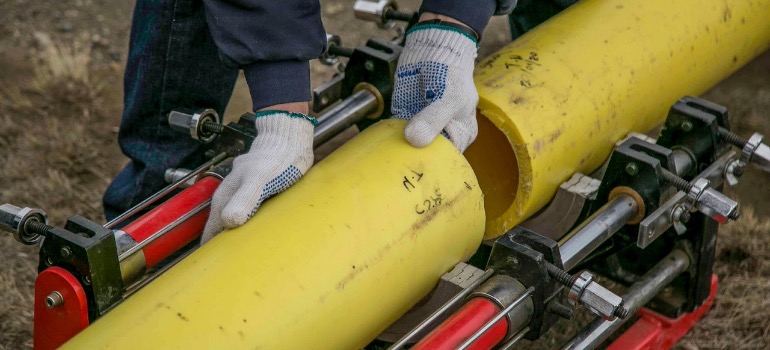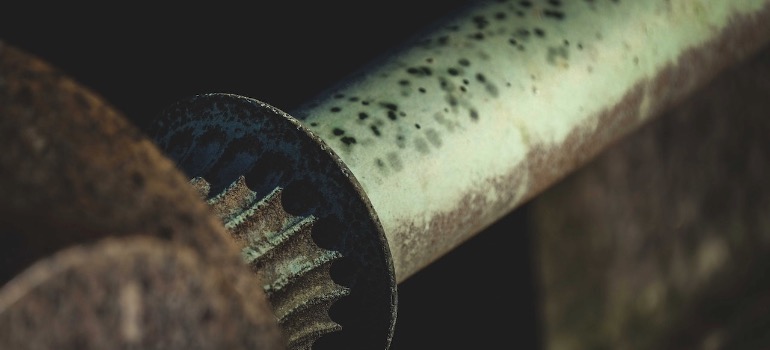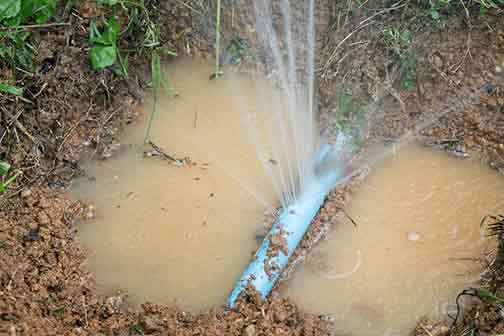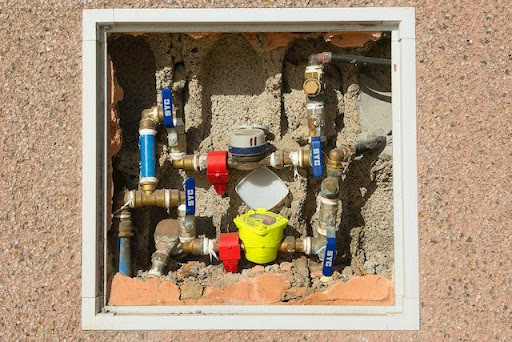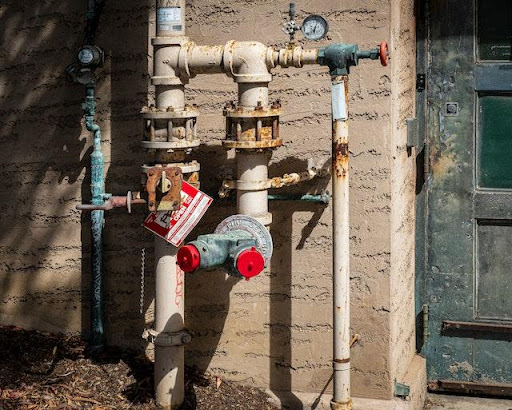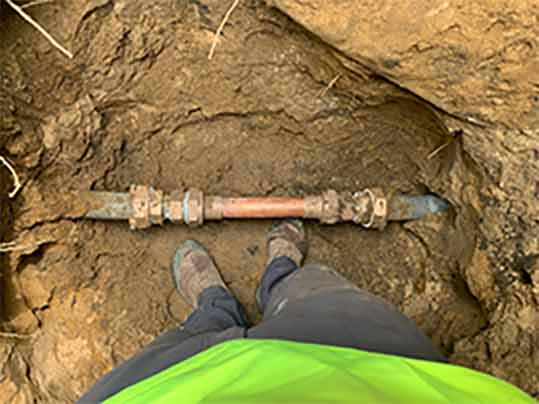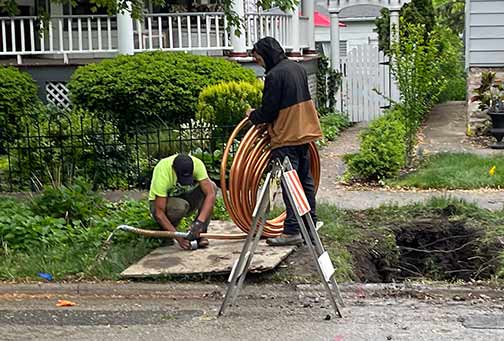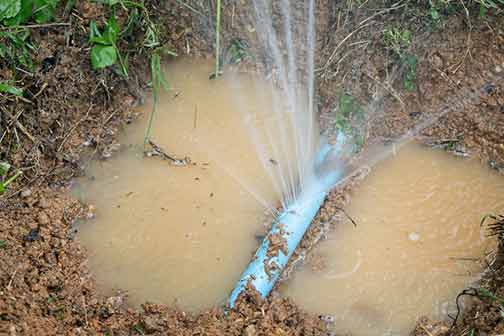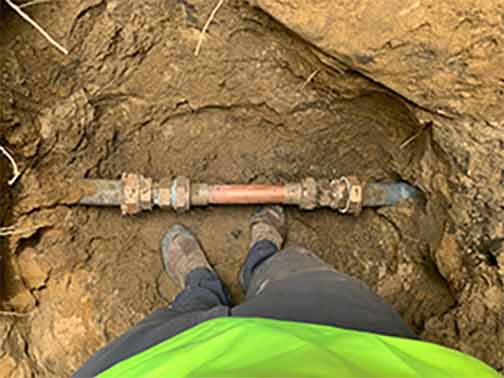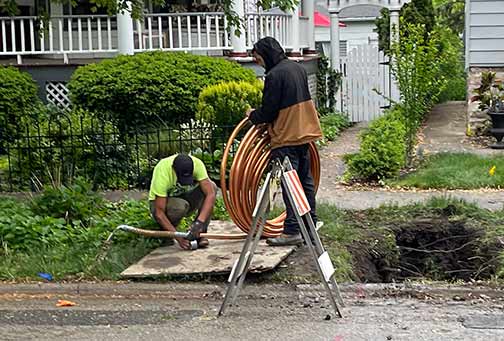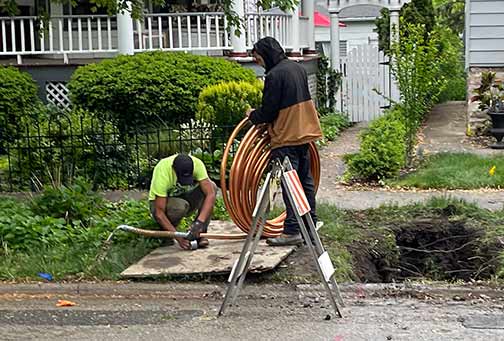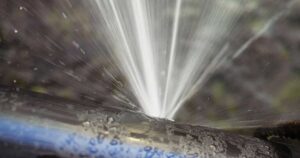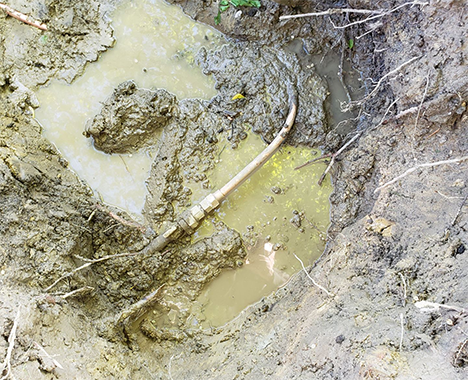Understanding the Importance of Your Home’s Water Line
The water line is a critical component of your home’s plumbing system, responsible for delivering clean and safe water to your household. It ensures that you have access to water for drinking, cooking, cleaning, and other essential activities. Without a properly functioning water line, your daily life can be significantly disrupted. Understanding the importance of your water line helps you appreciate the need for regular maintenance and timely replacement to avoid any inconvenience or potential health hazards.
Common Causes of Water Line Damage
Water lines can suffer damage due to various factors. One of the most common causes is the natural wear and tear that occurs over time. As water lines age, they become more susceptible to cracks, leaks, and breaks. Additionally, environmental factors such as soil movement, tree root intrusion, and extreme weather conditions can contribute to water line damage. Corrosion and mineral buildup inside the pipes can also weaken the structure, leading to leaks and reduced water flow. Understanding these common causes can help you take preventive measures to protect your water line.
Visible Signs of Water Line Issues Around Your Property
One of the first indicators of water line problems is visible signs around your property. You may notice wet or soggy areas in your yard, even when there hasn’t been any rain. Puddles or pooling water near the foundation of your home can also be a sign of a leaking water line. Additionally, you might observe water stains or damp spots on walls, floors, or ceilings inside your home. These visible signs should not be ignored, as they can indicate serious underlying issues with your water line that require immediate attention.
Unusual Sounds and Smells Indicating Water Line Problems
Unusual sounds and smells coming from your plumbing system can also be indicative of water line problems. If you hear hissing, bubbling, or gurgling noises when using water fixtures, it could mean there is a leak or air trapped in the water line. Foul odors, such as the smell of rotten eggs or sewage, can suggest contamination or a break in the water line. These auditory and olfactory cues should prompt you to investigate further and seek professional assistance to diagnose and address the issue.
Changes in Water Quality as a Sign of Water Line Issues
Changes in water quality are another important sign that your water line may need replacement. If you notice that your water has a strange taste, odor, or color, it could be a result of contaminants entering the water supply through a damaged water line. Rusty or discolored water, in particular, can indicate corrosion within the pipes. Additionally, if you experience frequent bouts of waterborne illnesses or skin irritations, it may be due to compromised water quality. Ensuring clean and safe water is essential for the health and well-being of your family.
Impact of Water Line Issues on Water Pressure
Low water pressure can be a frustrating issue for homeowners and is often a sign of water line problems. If you notice a sudden drop in water pressure throughout your home, it could be due to a leak or blockage in the water line. Inconsistent water pressure, where the flow fluctuates between strong and weak, can also indicate an issue. Addressing water pressure problems promptly is important to maintain the efficiency of your plumbing system and ensure a consistent water supply for your household needs.
Frequent Plumbing Repairs as an Indicator of Water Line Deterioration
If you find yourself constantly calling a plumber for repairs, it may be a sign that your water line is deteriorating. Frequent leaks, clogs, and other plumbing issues can indicate that the water line is no longer able to function properly. Instead of spending money on repeated repairs, it may be more cost-effective to replace the water line entirely. Investing in a new water line can provide long-term reliability and reduce the need for ongoing maintenance and repairs.
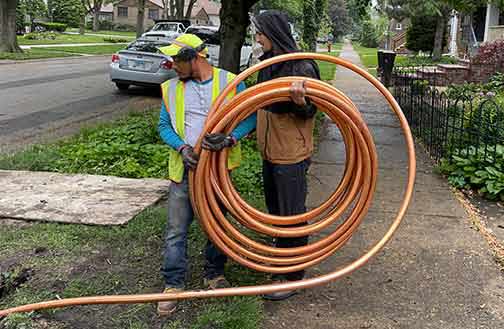
Proactively replacing an old water line can prevent unexpected failures and ensure a continuous supply of clean water to your home.
Considering the Age of the Water Line
The age of your water line is a significant factor in determining whether it needs replacement. Most water lines have a lifespan of 50 to 100 years, depending on the material and environmental conditions. If your home is older and the water line has never been replaced, it may be nearing the end of its useful life. Proactively replacing an old water line can prevent unexpected failures and ensure a continuous supply of clean water to your home.
Professional Inspection and Assessment of Your Water Line
While some signs of water line issues are visible or noticeable, others may require a professional inspection to detect. Hiring a licensed plumber to conduct a thorough assessment of your water line can provide valuable insights into its condition. Professionals use specialized equipment, such as cameras and pressure testing tools, to identify leaks, blockages, and other problems that may not be apparent to the naked eye. Regular inspections can help you catch issues early and make informed decisions about water line replacement.
Choosing the Right Time for Water Line Replacement
Timing is crucial when it comes to replacing your main water line. While emergency situations may necessitate immediate replacement, planning a replacement during a convenient time can minimize disruption to your daily life. Consider factors such as weather conditions, your household’s water usage patterns, and the availability of professional plumbers. Scheduling the replacement during a period of lower water demand, such as the fall or winter months, can help ensure a smoother and more efficient process.
Benefits of Replacing Your Water Line
Replacing your water line offers numerous benefits beyond resolving existing issues. A new water line can improve water quality, ensuring that you have access to clean and safe drinking water. It can also enhance water pressure, providing a consistent and reliable flow throughout your home. Additionally, a new water line reduces the risk of leaks and water damage, protecting your property and saving you money on potential repairs. Investing in a replacement can also increase the overall value of your home.
Hiring a Professional for Water Line Replacement
Water line replacement is a complex and labor-intensive task that requires the expertise of a professional plumber. Hiring a licensed and experienced plumber ensures that the replacement is done correctly and safely. Professionals have the necessary tools, knowledge, and skills to handle the job efficiently. They can also provide valuable advice on choosing the right materials and ensuring compliance with local regulations. Working with a professional gives you peace of mind and confidence in the quality of the replacement.
Preventative Measures for Future Water Line Maintenance
Taking preventative measures can help extend the lifespan of your new water line and prevent future issues. Regular maintenance, such as inspecting for leaks and addressing minor problems promptly, can keep your water line in good condition. Avoid planting trees or large shrubs near the water line to prevent root intrusion. Additionally, consider installing a water softener if you have hard water, as it can reduce mineral buildup and corrosion. By being proactive, you can ensure the longevity and reliability of your water line.
—
